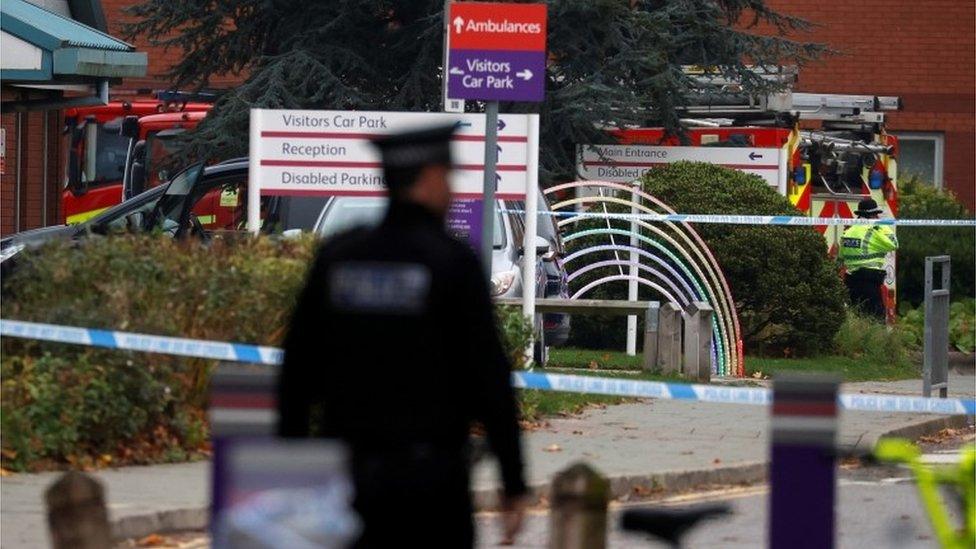Liverpool bomb: Miracle I'm alive, says taxi driver
- Published
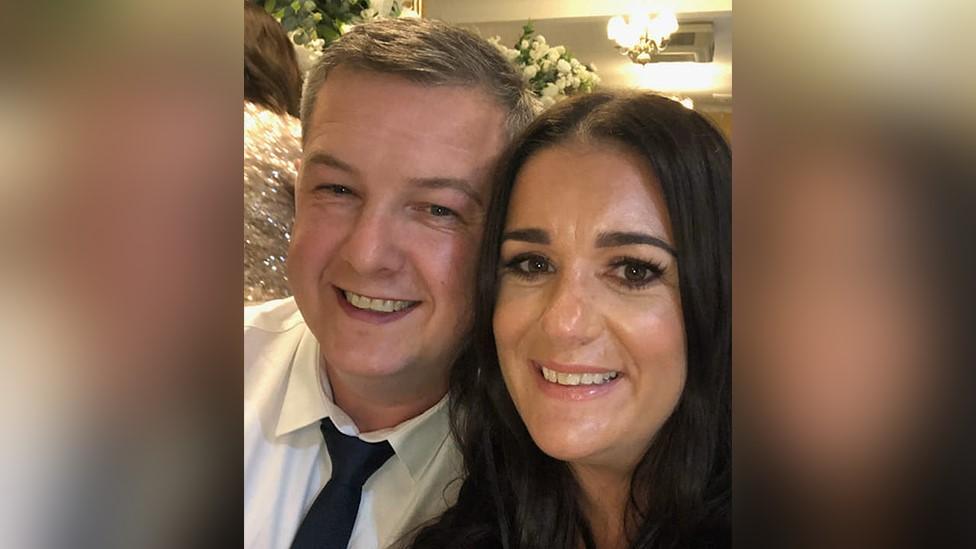
David Perry, pictured with his wife Rachel, was injured in the blast
The taxi driver who survived the Liverpool bombing says it is a "miracle he is alive" and he is thankful no-one else was injured in "such an evil act".
David Perry was injured when a homemade device exploded shortly after he pulled up outside Liverpool Women's Hospital on 14 November.
Iraq-born asylum seeker Emad Al Swealmeen, 32, who was a passenger in the taxi, died when his bomb exploded.
Mr Perry thanked the public for their "amazing generosity" since the blast.
Police previously said the bomb was a homemade explosive with ball bearings attached to it, which could have caused "significant injury or death".
Mr Perry escaped seconds before the vehicle was engulfed in flames and was taken to hospital, but has since been discharged.
Watch: The cab pulled up outside Liverpool Women's Hospital and exploded into flames
In a statement released through Counter Terrorism Policing North West, Mr Perry said he and his wife Rachel were "completely overwhelmed" with the messages of support in the wake of the Remembrance Sunday attack.
"We would like to say thank you to everyone for all your get-well wishes and for your amazing generosity," he said.
"I feel like it's a miracle that I'm alive and so thankful that no-one else was injured in such an evil act."
Mr Perry said he needed "to try to come to terms with what's happened and focus on my recovery both mentally and physically".
He also added a "special thanks" to staff at Liverpool Women's Hospital, Aintree Hospital, Merseyside Police and Counter Terrorism Policing "who have all been amazing".
It comes as people across Liverpool have been praised in a letter by leaders for "standing shoulder to shoulder" after the bombing.
The letter was published on behalf of Merseyside Police Chief Constable Serena Kennedy, Liverpool City Mayor Joanne Anderson, Merseyside Police and Crime Commissioner Emily Spurrell and Liverpool City Region Mayor Steve Rotheram.
Praising people for coming together "in the face of adversity", they pledged to "make sure that people feel confident to come out and enjoy the city knowing that they will be safe".
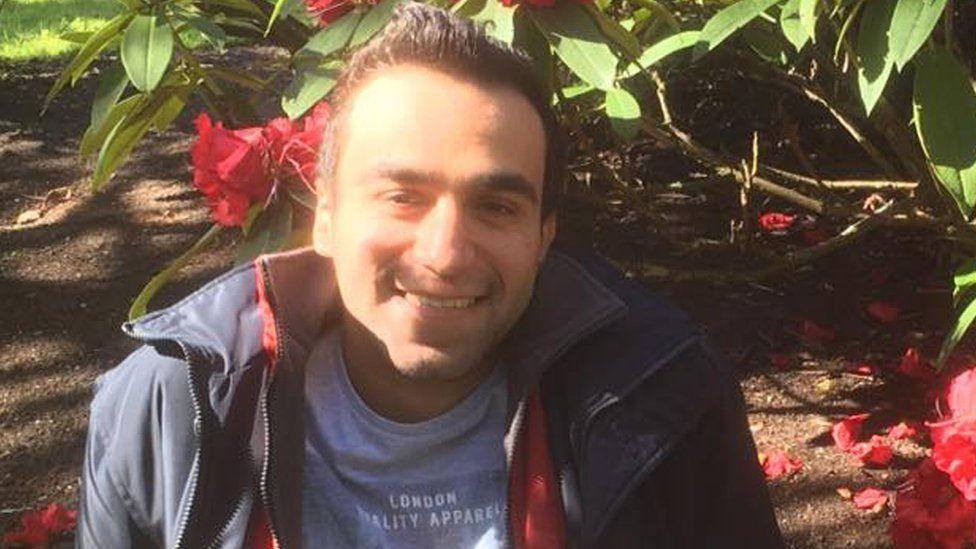
Emad Al Swealmeen died in the blast
Al Swealmeen had a history of mental illness and lived in various countries in the Middle East before moving to the UK, a member of his tribe in Jordan told the BBC.
His application for asylum was refused in 2014 and subsequent legal challenges were rejected. The Home Office has not commented on whether it ordered him to leave the UK.
Since this period, Al Swealmeen converted from Islam to Christianity, adopting the name Enzo Almeni.
Court records show that he renewed an asylum appeal under this name in January, with his submissions under review at the time of his death.
The Bishop of Liverpool, Paul Bayes, has rejected criticism of the church and how they accommodate asylum seekers, saying it did the right thing in supporting Al Swealmeen.
"We didn't welcome a terrorist, we welcomed someone who was a little bit lost and not in his own nation and who was on a journey," he said.
"Even to this day the police are telling us, nobody quite knows why he did what he did."
Related topics
- Published21 November 2021
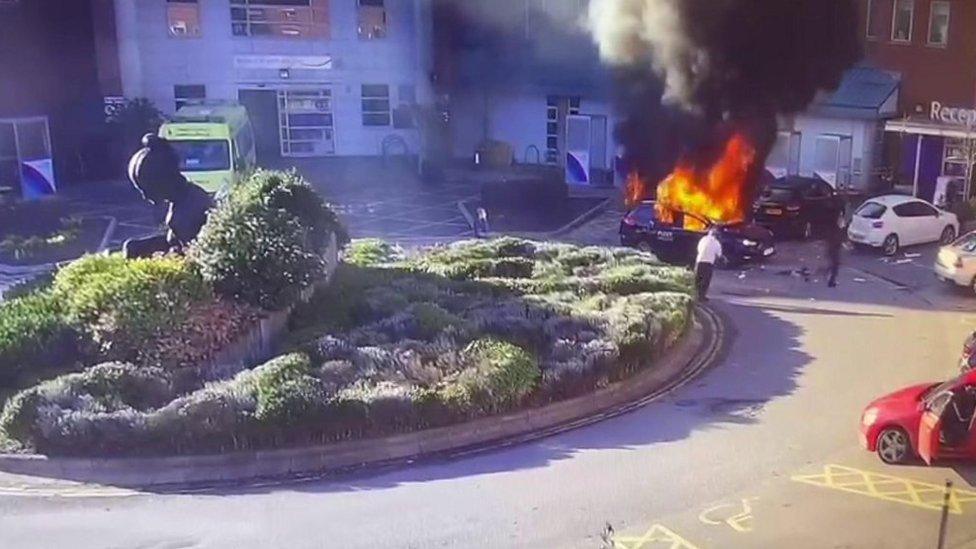
- Published18 November 2021
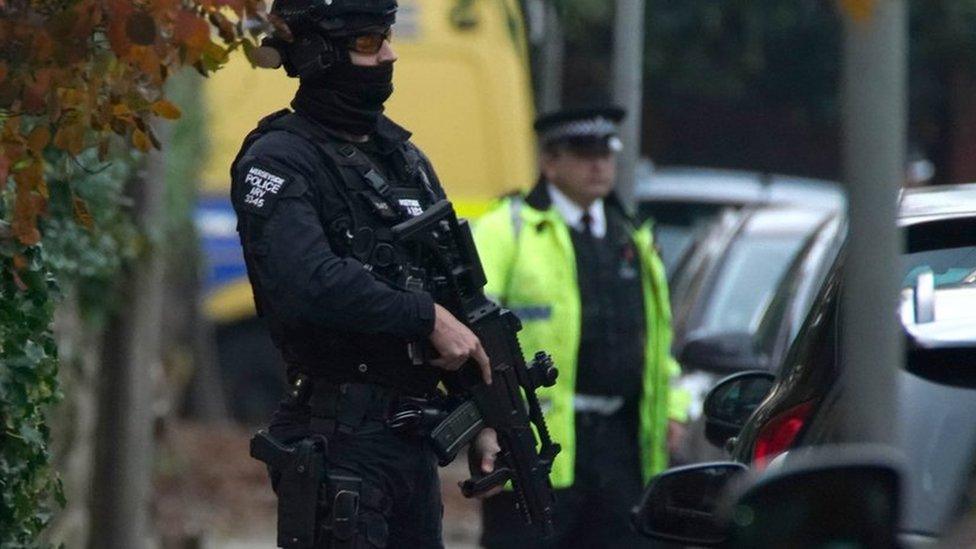
- Published19 November 2021

- Published18 November 2021

- Published17 November 2021

- Published17 November 2021
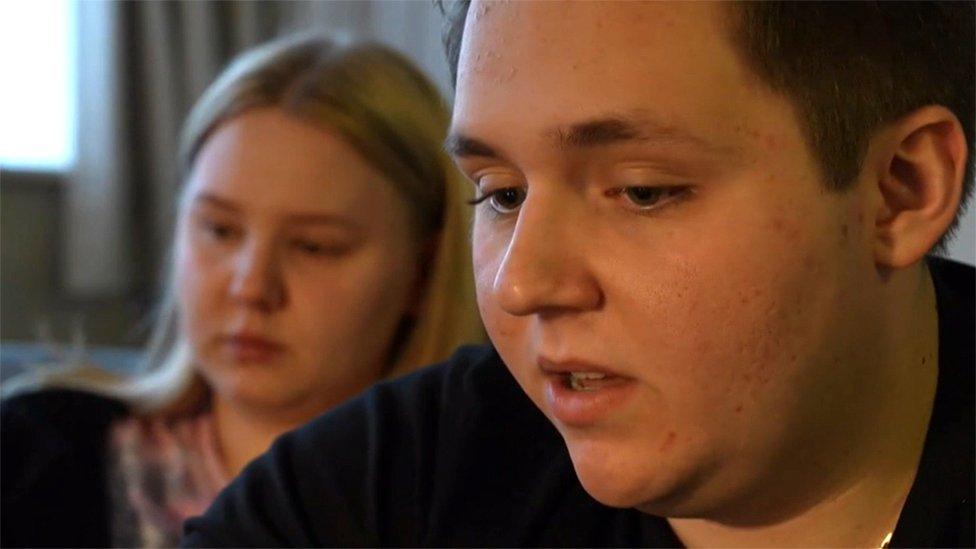
- Published17 November 2021
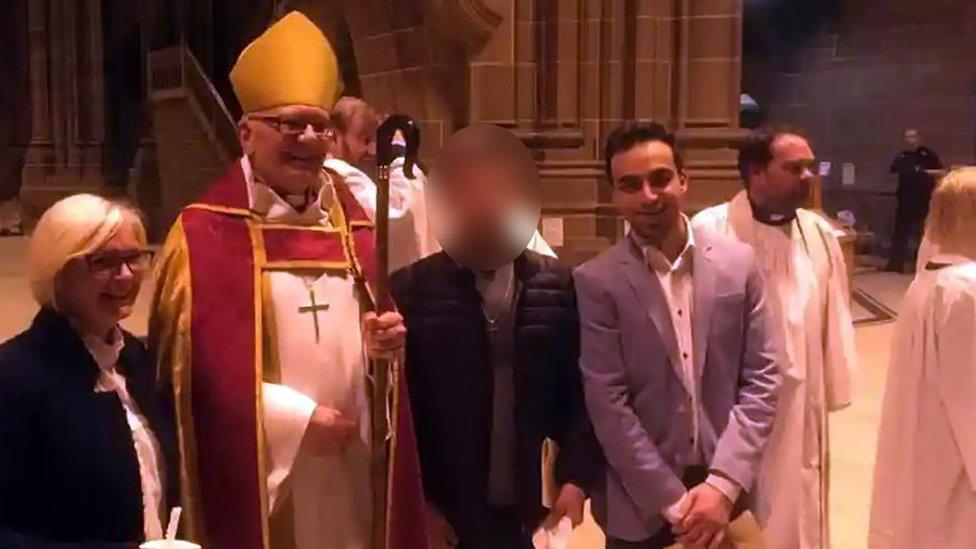
- Published16 November 2021
